Bosnia and Herzegovina was granted candidacy in December 2022. Can this be considered a success that the Commission has now recommend the opening of accession negotiations? 'Of course, further progress is needed to join the EU,' said the Commission president, so what more progress does the country need to achieve?
The whole accession process consists of several steps. Now the next step is approaching, which is the start of accession negotiations. Obviously, all the conditions for accession must be fulfilled. In the case of Bosnia and Herzegovina, there were such conditions. Last December, the European Council, in other words European leaders, sent a clear message that if Bosnia and Herzegovina reach a critical level of progress regarding EU requirements, the decision to start accession negotiations will be brought.
It is clear that the legislative, political and executional work that Bosnia and Herzegovina's new coalition has implemented has already reached the stage where accession negotiations can be started.
In particular, we are talking about long-neglected areas such as the rule of law and judicial reform, as well as the fight against corruption, money laundering and organized crime. In all these areas a stage of progress has been reached. That was the proposal that the Commission itself made. The phrase you quoted that the Commission President made in the European Parliament was to indicate that no one should sit back and relax.
So, from now on, the Bosnians will have more work to do at a faster pace and deliver more.
So far, experience shows that progressing on the mentioned steps is a slow process. Montenegro has been a candidate for membership since 2010, and the last time an accession chapter was closed was six years ago. Accession negotiations with Serbia have been open since 2014, but they are not making headway particularly quickly either. Has the true intention of enlargement been waning or have the countries of the Western Balkans not been doing their homework?
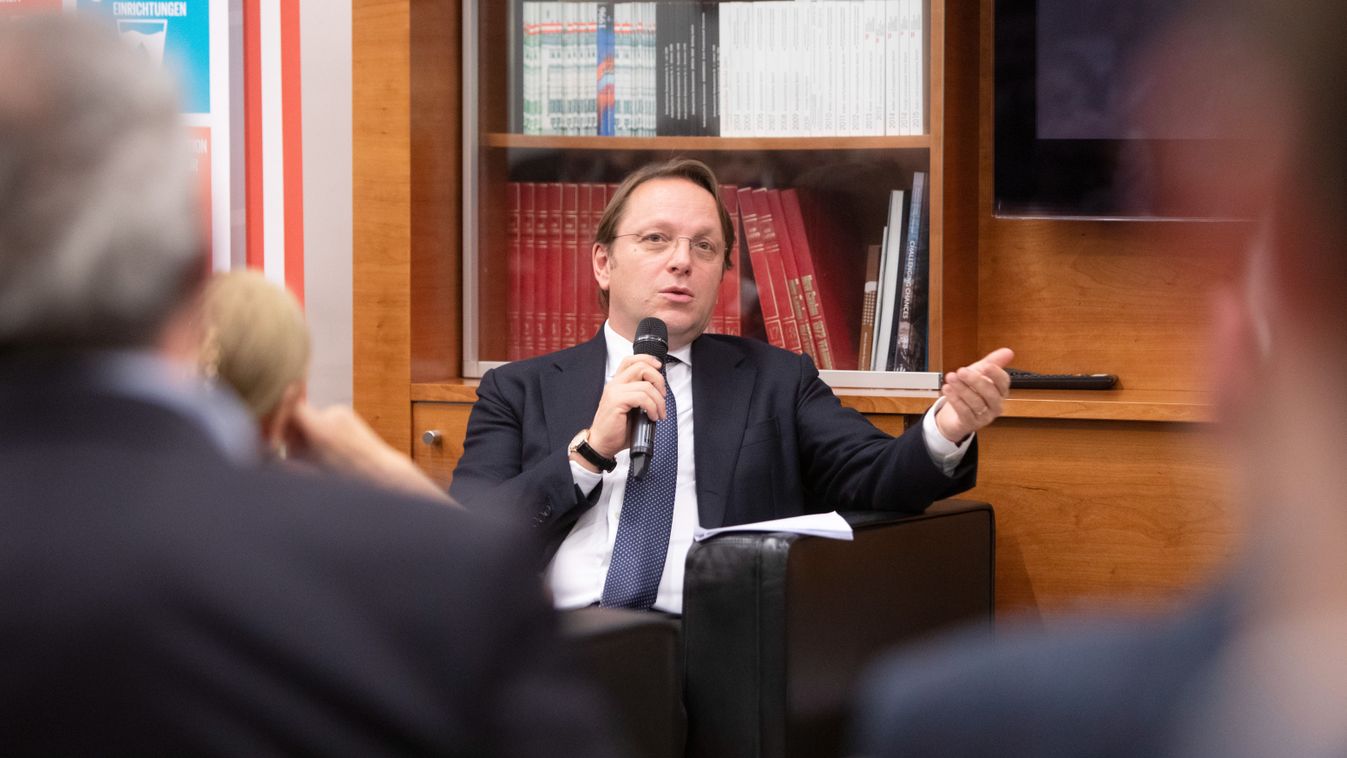





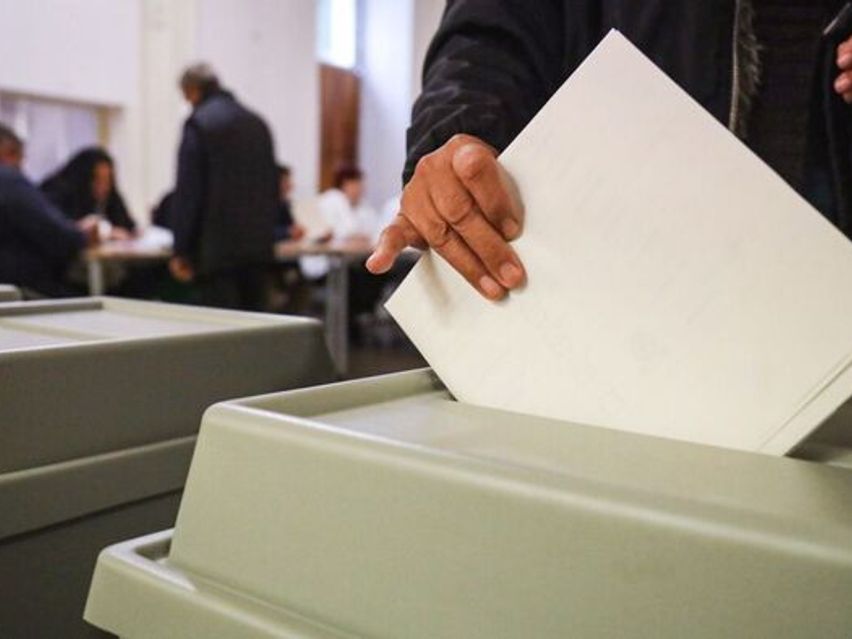


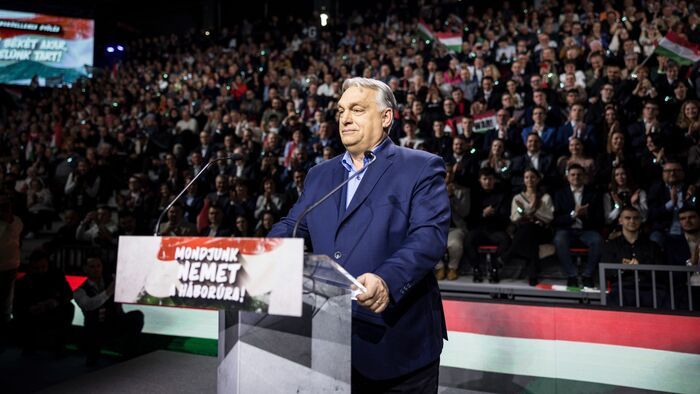




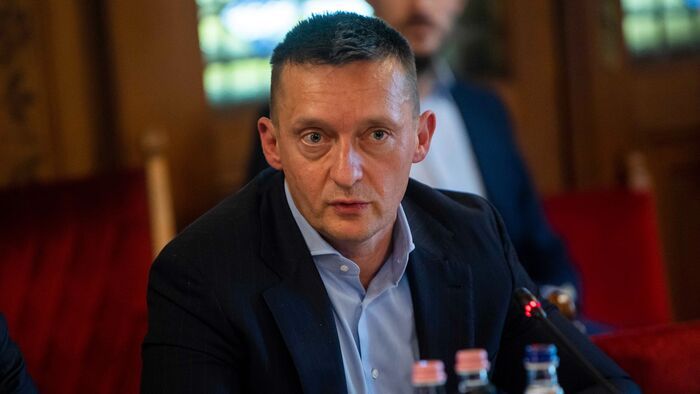
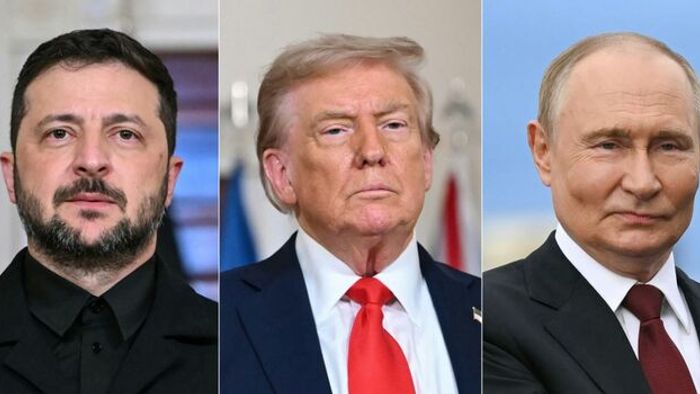

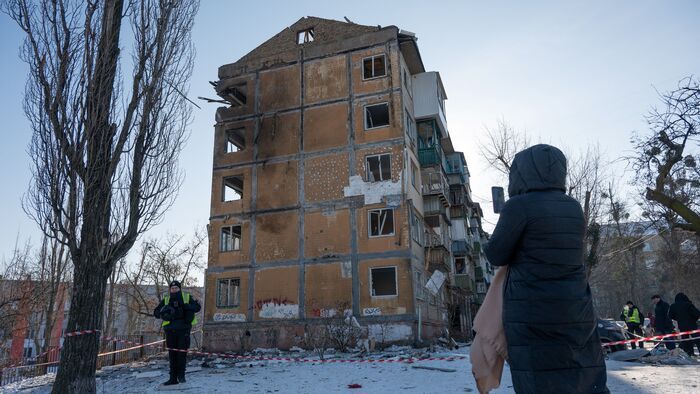



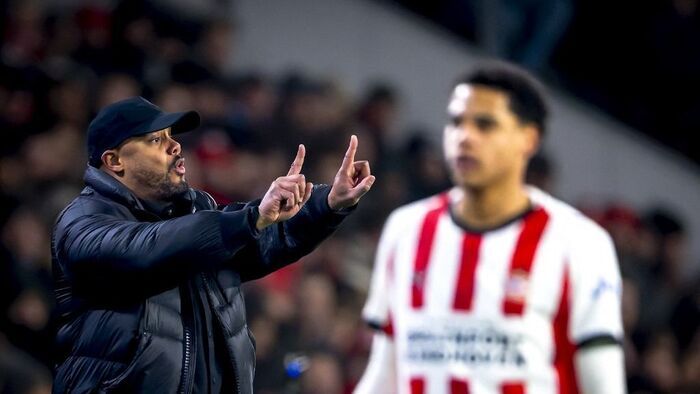

Szóljon hozzá!
Jelenleg csak a hozzászólások egy kis részét látja. Hozzászóláshoz és a további kommentek megtekintéséhez lépjen be, vagy regisztráljon!